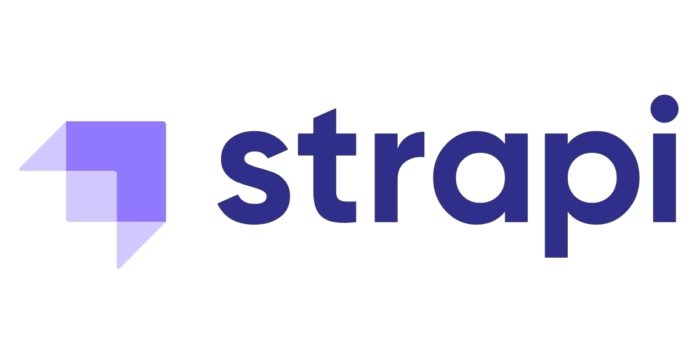StrapiConf, Strapi, an open source headless content management system (CMS), launched the beta version of Strapi 4.2 with TypeScript support, Dark Mode, and In-app marketplace today at the second annual StrapiConf, the free global user conference for the Strapi community.
TypeScript, one of the most requested features on the Strapi roadmap, now makes the Strapi codebase more reliable, accessible, and easy to refactor for developers.
“When we developed Strapi v4, we anticipated TypeScript support by introducing an internal typing system,” said Alexandre Bodin, CTO, Strapi. “The new TypeScript support relies on that, but it will also be very useful for schema and data migration. This brand new version also introduces a dark mode option for those who prefer dark interfaces. This new functionality also sets the foundations for more advanced and custom themes in the future.”
StrapiConf brings together more than 4,000 attendees and 20 sponsors from the Strapi Community to learn, contribute, and collaborate on the future of the leading open-source Headless CMS. Following the announcement last month of Strapi Market, a marketplace of plugins and integrations, Strapi v4 now adds access directly in the admin panel, giving users the ability to easily find and install v4 plugins in seconds taking advantage of new features while securely accelerating time to production.
With more than 43,000 stars on GitHub, 700 active contributors, and more than 5 million downloads, Strapi is the fastest-growing open-source Headless CMS. Strapi empowers developers to quickly build apps that enable collaboration and collective intelligence over the entire content lifecycle.
“Imagine a world where you could pull from any device, in any format, content that is connected to various services and co-created by hundreds of people,” said Burgy. “With this new release, we’re moving beyond the creation of a Headless CMS and building a Composable Content Platform together with the Strapi community and ecosystem.”
Strapi also shared its plan for another highly requested feature called custom fields, a powerful way to aggregate application programming interfaces (APIs), making frontend engineers’ lives easier and significantly speeding up development. Custom fields enable support for new business data from external sources and improve the content editing experience by exposing new content types directly in the administration panel.
At StrapiConf, the company also shared details about a new product called Strapi Cloud – based on a platform-as-a-service approach to enable a seamless deployment process without having to compromise on Strapi’s unique customization capabilities.









































































